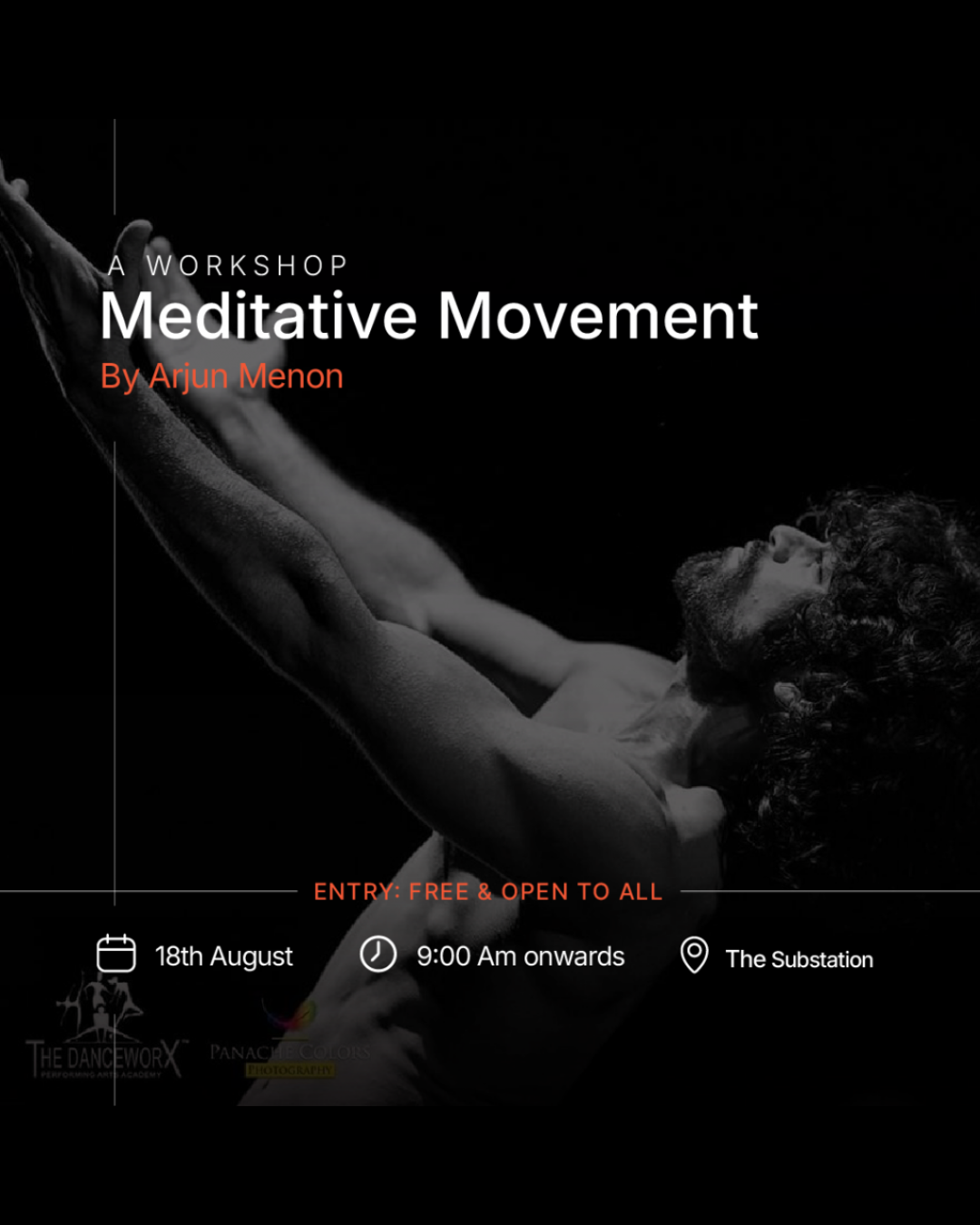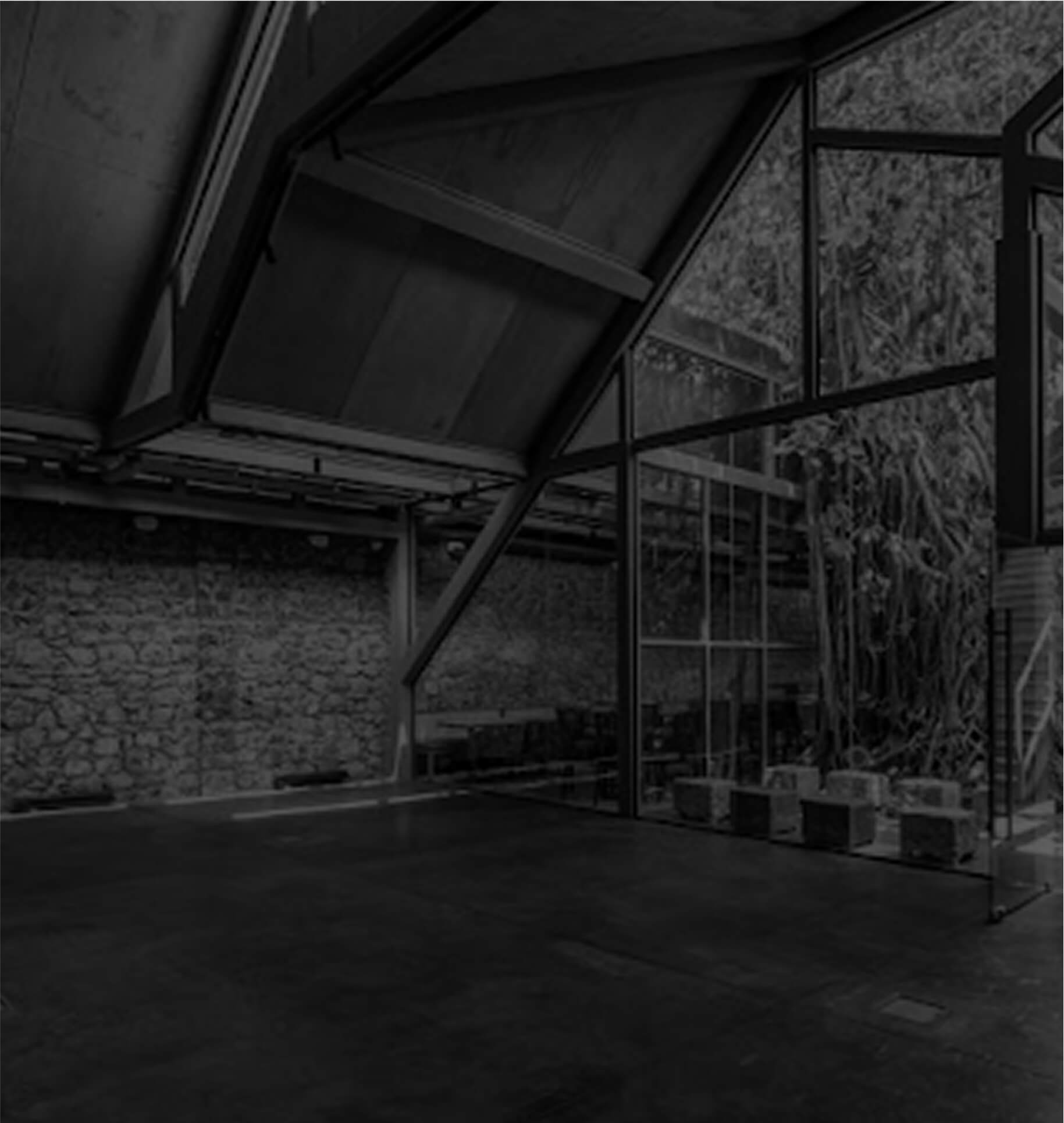
About The Event
Integrating mindful breathing, fluid movements, and rhythmic energy flow, this workshop enhances physical and emotional well-being.
ABOUT THE WORKSHOP
Discover inner harmony through “Meditative Movement,” a transformative workshop rooted in dance and theatre. This workshop integrates mindful breathing, fluid movements, and rhythmic energy flow to enhance physical and emotional well-being. Embrace the synergy of body and mind, fostering relaxation, vitality, and a deeper connection to your inner self.
ABOUT THE WORKSHOP FACILITATOR
Arjun Menons penchant for contemporary stemmed from Navdhara India dance theatre, where he was a principal dancer and has traveled to countries like Germany, China, South Africa, Turkey, Mexico to represent India in the contemporary and Bollywood genres. He has performed in more than 100 theatres globally like Nelson Mandela Theatre, and Suzzan Dalal. He teaches in one of the few renowned institutes in India Shiamak, The Danceworx, and ICMD. Elevate Arts is a passion project for Arjun where he collaborates with various dancers and students.


